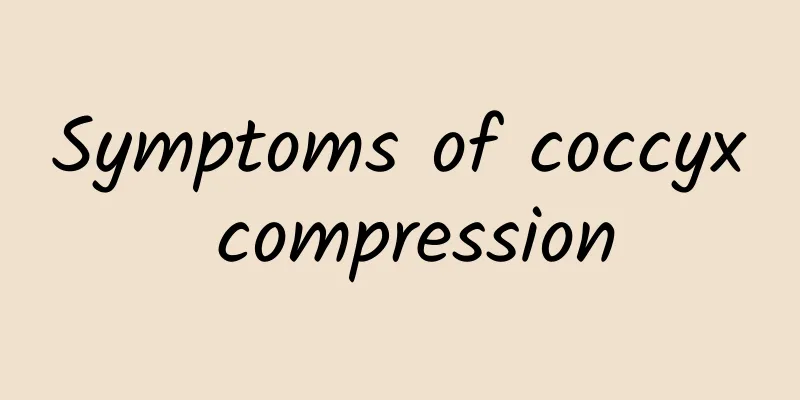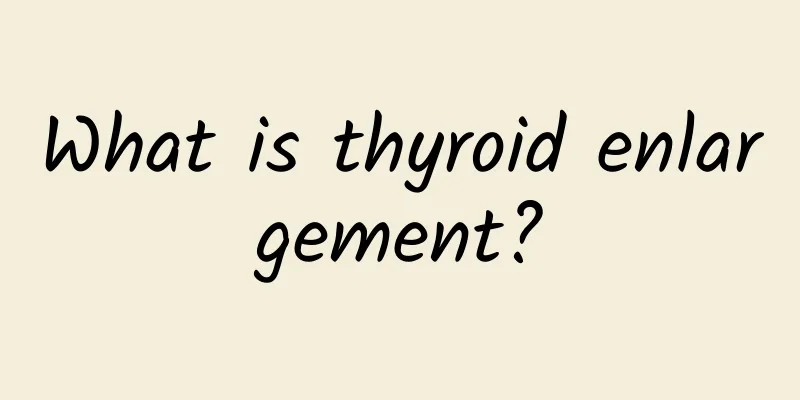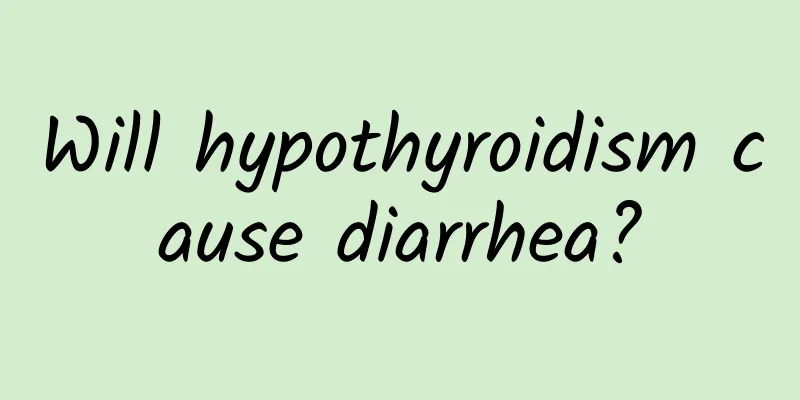What to do if you can't urinate due to kidney stones

|
In short, kidney stones are stones that appear in the kidneys. Stones can appear in any part of the urinary system. No matter where the stones are in the urinary system, they are not fixed, especially some small stones, which can move. This characteristic often has a greater impact. In some patients, kidney stones become displaced, making it impossible to excrete normal urine. So, what should you do if you can’t urinate due to kidney stones? In this case, kidney stones may have fallen into the bladder and now blocked the exit of the lower urinary tract, causing acute urinary retention. It is recommended that you go to the urology department of the local hospital as soon as possible. Kidney Stone Treatment Treat the symptoms first. If analgesics are used during an attack of colic, if concurrent infection or obstruction is found, the infection should be controlled first according to the specific situation. If necessary, ureteral catheterization or pyelostomy should be performed to ensure smooth urine drainage, so as to control the infection and prevent renal function damage. At the same time, we actively look for the cause of the disease, formulate treatment and prevention plans according to different components and causes, solve the problem fundamentally, and try to prevent the recurrence of stones. 1. General treatment (1) Drinking plenty of water may help push and flush small stones out with large amounts of urine. Increased urine output can also help control infection. (2) Adjusting diet: Dietary composition should be determined according to the type of stones and urine acidity and alkalinity. Patients with calcium oxalate stones should avoid a high-oxalate diet and limit the intake of foods such as spinach, beets, tomatoes, nuts, cocoa, and chocolate. Calcium intake should be restricted for patients with idiopathic hypercalciuria. Eat a low-salt diet and control sodium intake. People with high uric acid should eat a low-purine diet, avoid eating animal offal, and eat less fish and coffee. (3) Remove the inducing cause. For urinary stones caused by pathological factors, the primary disease should also be actively treated. Actively treat the causes of stone formation to prevent stone formation and recurrence. 2. Symptomatic treatment (1) Antispasmodic and analgesic M-type cholecystokinin receptor blockers can relax ureteral smooth muscles and relieve spasms. Intramuscular injection of progesterone can inhibit the contraction of smooth muscle and relieve spasm, and has a certain effect on pain relief and stone removal; the calcium channel blocker nifedipine has a certain effect on relieving renal colic; alpha receptor blockers have a certain effect in relieving ureteral smooth muscle spasm and treating renal colic. (2) Control infection. Urinary tract obstruction caused by stones is prone to infection, and magnesium ammonium phosphate stones often form in infected urine. This vicious cycle makes the condition worse. In addition to actively removing stones to relieve obstruction, antibiotics should be used to control or prevent urinary tract infections. (3) To eliminate hematuria, hydroxybenzylamine or tranexamic acid can be used to eliminate hematuria that is obvious to the naked eye. 3. Treatment according to different components and causes (1) Hypercalciuria ① Primary hypercalciuria can be treated with thiazides and potassium citrate. In addition to thiazides and potassium citrate, patients with absorptive hypercalciuria who cannot tolerate these drugs need to use sodium cellulose phosphate. Those with hypophosphatemia need to use orthophosphate instead. ② Actively treat associated diseases of hypercalcemia. When hypercalcemia crisis occurs, emergency treatment is required. First, use normal saline to expand the volume as quickly as possible, and use loop diuretics such as furosemide to increase urinary calcium excretion; bisphosphonates are the main drugs for treating hypercalcemia, which can effectively inhibit osteoclast activity and reduce bone reabsorption. Surgical removal of the parathyroid glands is the treatment of choice for patients with primary hyperparathyroidism and symptomatic hypercalcemia or asymptomatic nephrolithiasis. When patients have symptomatic or obstructive renal stones in the absence of a hypercalcemic crisis, treat the stones first. (2) Renal tubular acidosis is mainly treated with alkaline drugs to slow down stone growth and new stone formation and correct metabolic disorders. (3) Hyperoxaluria Primary hyperoxaluria is difficult to treat. Vitamin B6 can be tried, starting with a small dose and increasing the dose as the effect decreases. At the same time, drink plenty of water and limit foods rich in oxalate, which can reduce the oxalate level in urine to normal. (4) For high uric acid, low-purine foods and drinking plenty of water can reduce the concentration of uric acid in urine. (5) For homocystinuria, appropriate restriction of protein diet and use of cystine-lowering thiol drugs can be used for treatment. (6) Infected stones should be removed according to the patient's condition, and appropriate antibiotics should be selected to control urinary tract infection. 4. Surgical treatment When pain cannot be relieved by medication or the stone is large in diameter, surgical treatment should be considered. These include: ① Extracorporeal shock wave lithotripsy (ESWL) treatment. ② Placement of a stent in the ureter can also be combined with ESWL treatment. ③ Ureteroscopic lithotripsy. ④Percutaneous nephrolithotomy. ⑤Laparoscopic lithotomy. 5. Emergency treatment Renal colic and infection should be treated promptly. Antibiotics should be used promptly for infection, and renal puncture and drainage can be performed if necessary. Renal colic can be treated with anticholine, progesterone, and calcium channel blockers. If necessary, pethidine can be injected for analgesia. For patients with bilateral ureteral stones and obstruction and anuria, immediate surgical stone removal may be considered. |
<<: What to do if kidney stones cause severe pain
>>: How to remove tartar from teeth
Recommend
Can angelica supplement estrogen?
Angelica is a very good medicinal material. It ca...
What are some breast enhancement recipes during menstruation? What to do?
Breast enlargement during menstruation is already...
Eight aspects of sprained ankle treatment
In our daily life, accidents of one kind or anoth...
How to remove the dark belly button after childbirth
For many new mothers, they will find that their b...
Angular cheilitis in children
Many children will suffer from angular cheilitis,...
What causes chest tightness and shortness of breath?
Chest tightness and shortness of breath are sympt...
The efficacy of crocodile oil
Crocodile oil is an oil extracted from crocodile ...
The best way to remove scars
In daily life, many people will inevitably suffer...
How long does it take to recover from a brain contusion?
People often suffer from some diseases in the hea...
There are several types of cervical spondylosis
According to the different causes and types of ce...
How to detect ovulation, several methods of detecting ovulation
We all know that women have an ovulation period. ...
The biggest difference between real fire and false fire
"Getting hot" is a very common term in ...
What is the most fragrant thing to put in spicy oil
There are many delicious foods around us. Differe...
A must-read for women: What should women do if their menstrual period is too long?
One of the manifestations of irregular menstruati...
What should I do if the placenta sticks to the uterus?
Giving birth is something that all women must go ...









